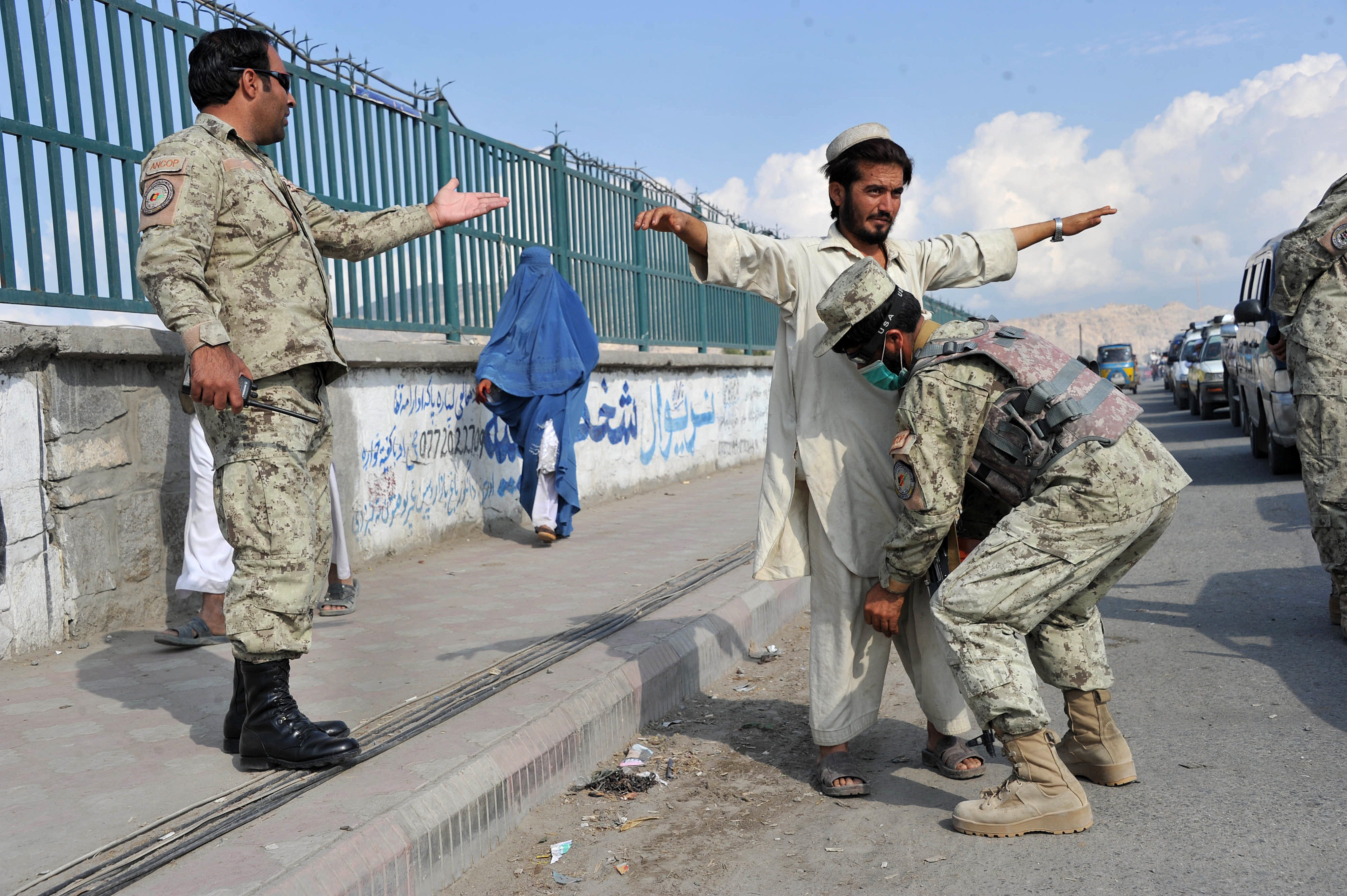Despite Iranian Foreign Minister Manouchehr Mottaki s remarks that a final deal over Iran s nuclear program is close to being finalized, Iran instead upped the ante when President Mahmoud Ahmedinejad instructed the country s atomic energy organization to enrich its uranium stockpile to 20 percent.
Tehran is thus pushing the international community to rally behind the severe consequences that US President Barrack Obama threatened in his State of the Union speech along with the crippling sanctions that US Secretary of State Hillary Clinton has been threatening since last summer. This in turn is pushing the region once again into a spiral of uncertainty as GCC states enter another anxious cycle oscillating between imminent war and more sanctions accompanied by Iran s bellicose rhetoric and war games, all upping the ante in the Gulf region.
This could precipitate a nuclear arms race in the GCC region, or at least a further upsizing of military expenditure that this year is projected to top $63 billion. In total, GCC states military and security expenditures account for 60 percent of the total military spending in the Middle East. This, along with the latest Iranian defiance over its nuclear program and the beefing up of American ballistic missile defense systems – Aegis missile-3 (SM-3) and Patriot PAC-3 to four small GCC states, denounced by Iran in patronizing comments – certainly will not help stability in the region and undoubtedly will add more anxiety and concern. There is a danger that this will erode the fragile balance of terror that has dominated the Gulf security scene.
What complicates the Iranian issue is the country s domestic implosion due to the political, security and social strife that has wracked Iran since last June s disputed presidential election in which Ahmedinejad secured a highly disputed second term in office. What ensued, and is still unfolding, is considered a most threatening challenge to Iranian theocracy, even as Iran celebrates its thirty-first year since the revolution.
These developments and challenges will no doubt leave indelible marks on Iran s future and will shape the direction of the Iranian revolution and its relations with its own people as well as its neighbors for years to come. Furthermore, they have already eroded Iran s soft power and much acclaimed democratic practices in the eyes of millions of Arabs who are now disillusioned about the country.
In spite of the latest Iranian meddling in Gulf and Arab affairs, as represented by the support, logistical and otherwise, to the Houthie insurgency in Yemen, collectively and individually GCC states continue to maintain cordial and friendly relations with Iran. There are mutual high profile visits by heads of states, reassuring comments by GCC states about the peaceful intention of Iran s nuclear program, a refusal by the GCC countries to countenance harsher sanctions against Iran as well as a concerted diplomatic effort to assure Iran that the GCC states individually and collectively won t be launch pads for any military strike against Iran.
It is ironic, that while Iran continues to represent an existential security threat to all GCC states–because of its nuclear program, its hegemonic tendencies and grandiose plans – the GCC states continue to lack a coherent and well thought out strategy in dealing with Iran. This lack of a strategy has not worked in the past and won t work in the future to nudge Iran toward a more accommodating posture vis-a-vis its GCC neighbors. Further, it has not allayed Iran s fears, and Tehran keeps threatening to target GCC states and American bases in the region, shut down the strategic straits of Harmuz and inflict damage against sensitive instillations such as oil terminals and refineries, water desalination plants and electricity grids.
The GCC states have few options in dealing with the Iranian issue. But one of them is not to pursue politics as usual by continuing to shy away from voicing any concern about the danger of Iran s nuclear program and meddling in GCC and Arab affairs. It is high time that the GCC states formulate a unified, coherent strategy. What are we waiting for? It is time to change course in order to deal with Iran.
Unfortunately, given the current circumstances, not much can be expected to come out of the GCC states regarding the explosive Iranian situation in the near future.
Professor Abdullah Alshayji is chairman of the Political Science Department at Kuwait University. This commentary is published by DAILY NEWS EGYPT in collaboration with bitterlemons-international.org.
